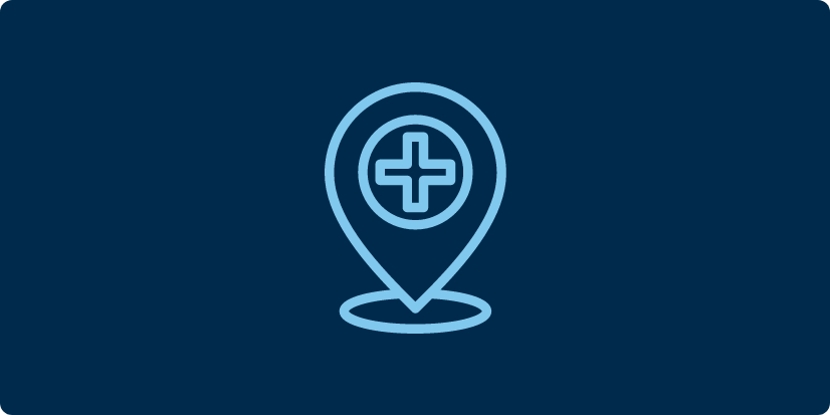
Urology
Urology-Southeast Iowa Regional Medical Center diagnoses and treats conditions of the kidneys, bladder, and urinary tract in men and women, and all organs of the male reproductive system. Urologic diseases and disorders include:
-
Abnormalities of urologic organs
-
Cancers of the bladder, kidney, penis, prostate, testicles, and urethra
-
Infections of the bladder, kidney, or urinary tract
-
Kidney stones
-
Low testosterone (Low T)
-
Male infertility
-
Male or female incontinence
-
Male sexual dysfunctions
-
Prostate problems, such as benign prostatic hyperplasia, prostatitis, or enlarged prostate
-
Sexually transmitted diseases
Because the male urinary and reproductive systems overlap, and the female urinary system is very close to the female reproductive system, disorders in one system often affect the other. Treatments for urologic conditions range from medicine to surgery.
Procedures
Diagnostic procedures
-
CT scan – Computed tomography produces 3-D X-ray images of organs to determine abnormalities.
-
Needle biopsy – Guided by an ultrasound image, a urologist uses a device to insert a series of small needles into the prostate gland to take samples for laboratory examination. A local anesthetic is used.
-
Cystoscopy – To diagnose conditions in the lower urinary tract, a urologist inserts a cystoscope - a thin tube with a light and a tiny camera on the end - into a patient's urethra to visually examine the urethra, bladder, or, in men, prostate.
-
Prostate-specific antigen (PSA) – Male patients aged 65 and older usually are screened for PSA, a protein produced in the prostate. This test determines how much of it is in the blood. A high PSA may indicate cancer.
-
Flow test – A patient urinates into a machine that measures how fast the urine comes out. A slow flow rate may indicate an obstruction. A painless ultrasound examination determines if the bladder is emptied.
-
Urodynamics – A series of tests that assesses how the bladder is working
Treatment procedures
Treatment procedures are performed at Southeast Iowa Regional Medical Center unless noted otherwise. Treatments performed by our urologists include:
- Bacillus Calmette-Guerin Treatment – In the clinic, live tuberculin bacteria are inserted into the bladder to stimulate the body's immune system to attack specific types of bladder tumors, preventing regrowth.
- Catheter changes – Patients who use urinary catheters must them changed in the clinic regularly because catheterization can cause infections and chronic inflammation.
- Sling procedure for bladder control – To treat male or female incontinence, a urologist uses a minimally invasive procedure to insert support under the urethra, returning the patient's anatomy to its normal position.
- Extracorporeal shock wave lithotripsy – This noninvasive procedure breaks up kidney stones, which form when minerals in the urine combine to create hard deposits in a kidney or the bladder. A urologist focuses a high-intensity sound wave on the stone to pulverize it so the tiny pieces pass from the body easily.
- Transurethral resection of the bladder – To remove bladder cancers, a urologist inserts a cystoscope through the urethra into the bladder. The physician may remove a tiny tumor with biopsy forceps. Larger tumors require the use of an electric "knife" that burns away the tumor.
- Kidney stents – A urologist places a device called a stent in a kidney or ureter to open a blockage. After the blockage is resolved, the stent is removed in the clinic.
- Transurethral resection of the prostate – In this treatment for benign prostatic hyperplasia, a urologist inserts a specialized cystoscope called a resectoscope through the urethra into the prostate to remove tissue that is blocking the urethra.
- Urolift - A minimally invasive procedure to treat an enlarged prostate.
Appointments
If you make your appointment ahead of time, you will receive forms by mail. Fill them out and bring them with you. If you make a same-day appointment, please arrive 15 minutes early to complete the forms.
Bring a list of medicines you are taking and the dosages. Make sure you include:
-
Aspirin, Tylenol, or other pain relievers
-
Over-the-counter medicines, including cold remedies you are taking for a short time
-
Prescription medicines
-
Vitamins, herbal supplements, or other health pills
-
Update your medicine list every time there is a change and give a copy to each clinic you visit.
During your visit
A urologist likely will review your medical history and your list of medicines while discussing your concerns. If you have records from another urologist, your provider may review those with you. There may be a physical examination to learn more about your health.




